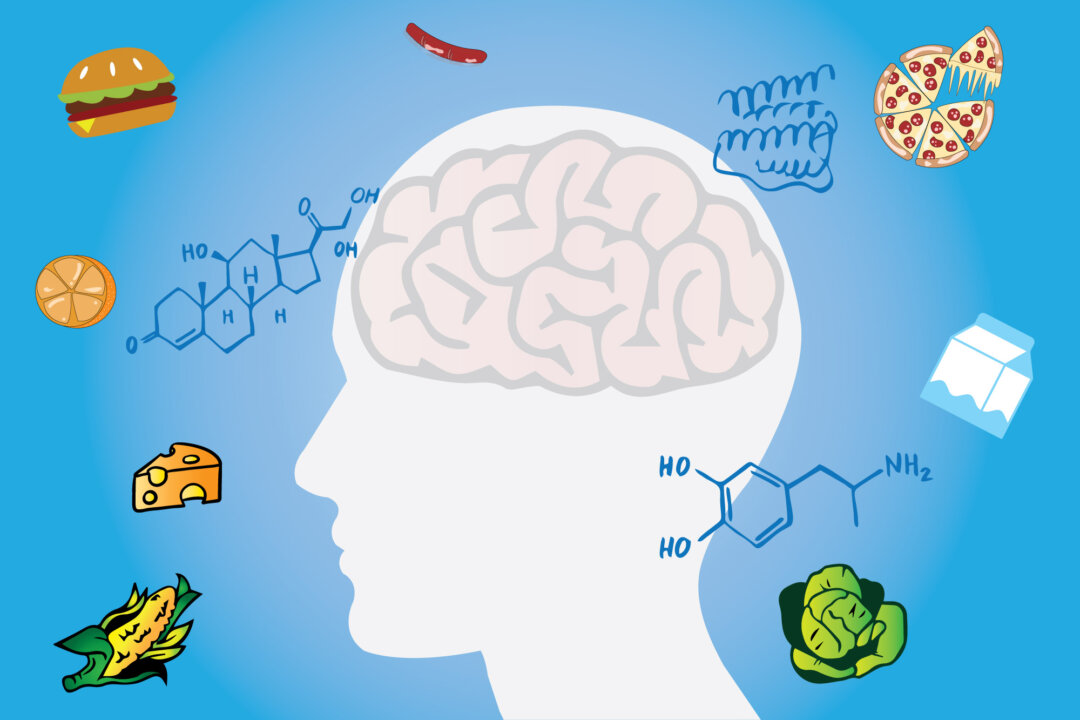“I’m eating fewer calories and exercising more, but I still can’t lose weight.” As a nutritionist, I hear this frustrated complaint so often. If you’ve struggled with weight loss despite carefully counting calories, you’re not alone—and more importantly, you’re not failing.
The real story of weight management is far more complex than simple arithmetic. Fat contains 9 calories per gram and is crucial for hormone production and cell membranes, promoting fullness and providing slow-burning energy. Protein provides 4 calories per gram, supporting tissue growth and DNA repair.
Carbohydrates also contain 4 calories per gram and serve as a source of fast-burning energy. However, the body’s hormone response when eating fat or carbohydrates is entirely different. There is a complex interplay of key hormones that regulate appetite and metabolism, depending on what type of macronutrient is eaten.
Hormone fluctuations can lead to weight gain or difficulty losing weight, even if calorie intake is reduced. For example, the average person’s insulin response will rise the most in the short term from eating refined carbohydrates, with a moderate response to protein and a minimal response to fat. While individual metabolic differences can influence your body’s insulin response, the amount of fiber in carbohydrates can slow the digestion of your food, slowing your insulin response.
Other hormones, such as ghrelin and leptin, signal the brain for hunger and satiety. Nutrien.


















